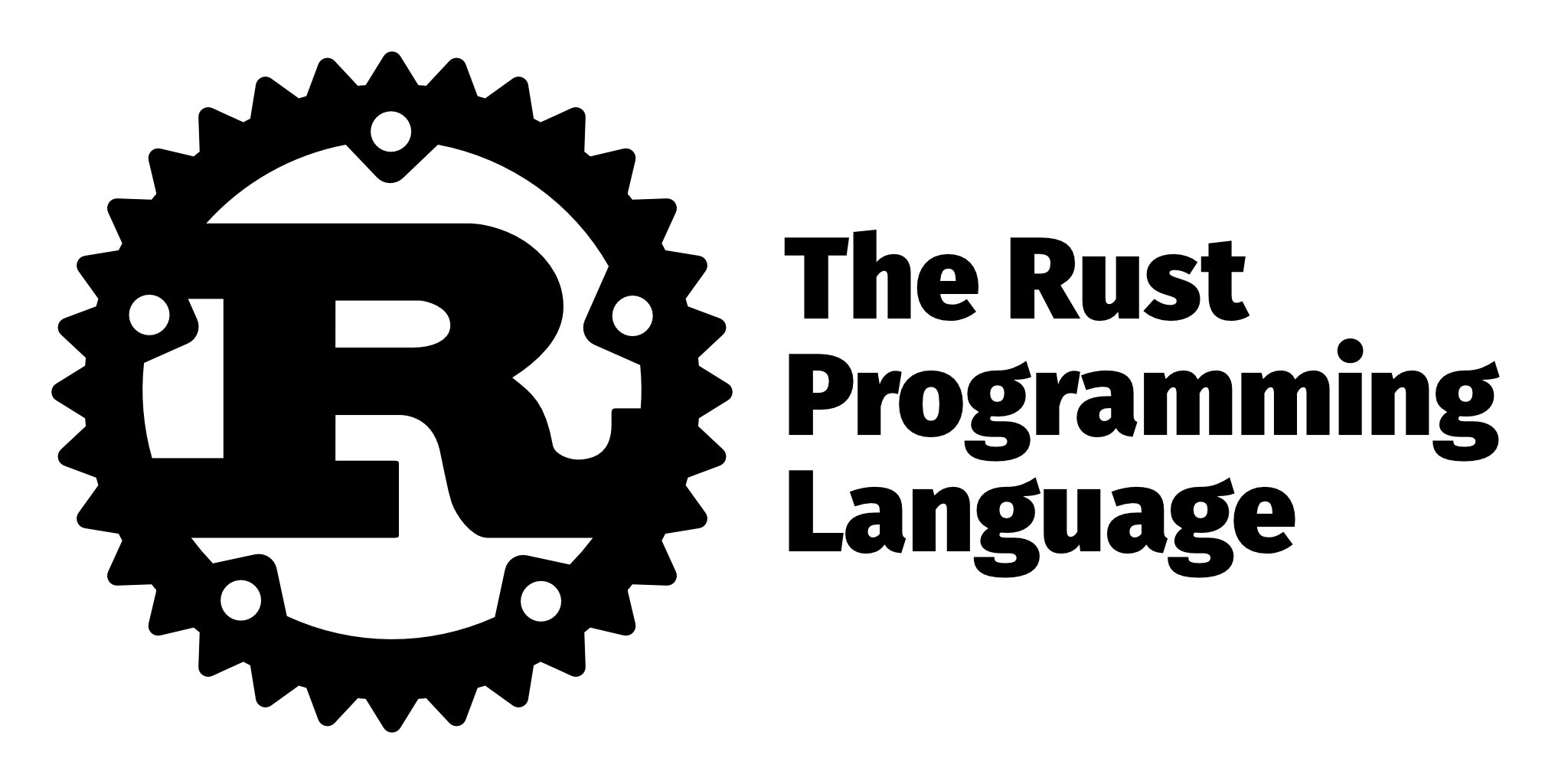Traits now support async fn and -> impl Trait (with some limitations), the compiler got faster, version = in Cargo.toml is now optional, and many small functions have been stabilized!
Nice! Just in time for my yearly “I should finally learn rust” and then forget about it a week later habit.
Async traits 🤩
Nice! Looks like a more ergonomic, faster Rust.
Sorry to ask, is Rust derived from another language? I know some c++, would that benefit me if I want to learn Rust?
What is powerful about Rust in comparison to other languages?I find it’s a mix between ML languages and C++, and knowing one of them would help yes. If you’re tired if chasing a wild pointer because of a subtle use-after-free in a multithreaded monster under gdb, you’ll love #rust.
Honestly the only things that are similar to C++ are small amounts of C-like syntax, RAII, smart pointers, and iterators. And even so, Rust improves those features a lot. The list of things that Rust rejects from C++ is much larger; Rust does not have:
newanddelete(perhaps discouraged in modern C++)- function overloading
- inheritance (replaced by composition or traits)
- friend classes (replaced by modules)
- exceptions (replaced by
Resultvalues) - 6 different kinds of first-class constructors (hallelujah)
- templates (replaced by constrained parametric polymorphism)
- variable mutability by default
Rust does OOP very differently and leans harder into functional paradigms.
You could argue that C++'s new is Rust’s Box::new, and delete is replaced by RAII. Same concepts but way better ergonomy.
box::new is pretty directly analogous to std::make_unique (factory for unique_ptr), in general rust’s heap allocating types map to c++’s smart pointer types, which are basically universally recommended over raw new/delete. So another column where rust just gives you the one best C++ feature where it still has 4 supported versions.





